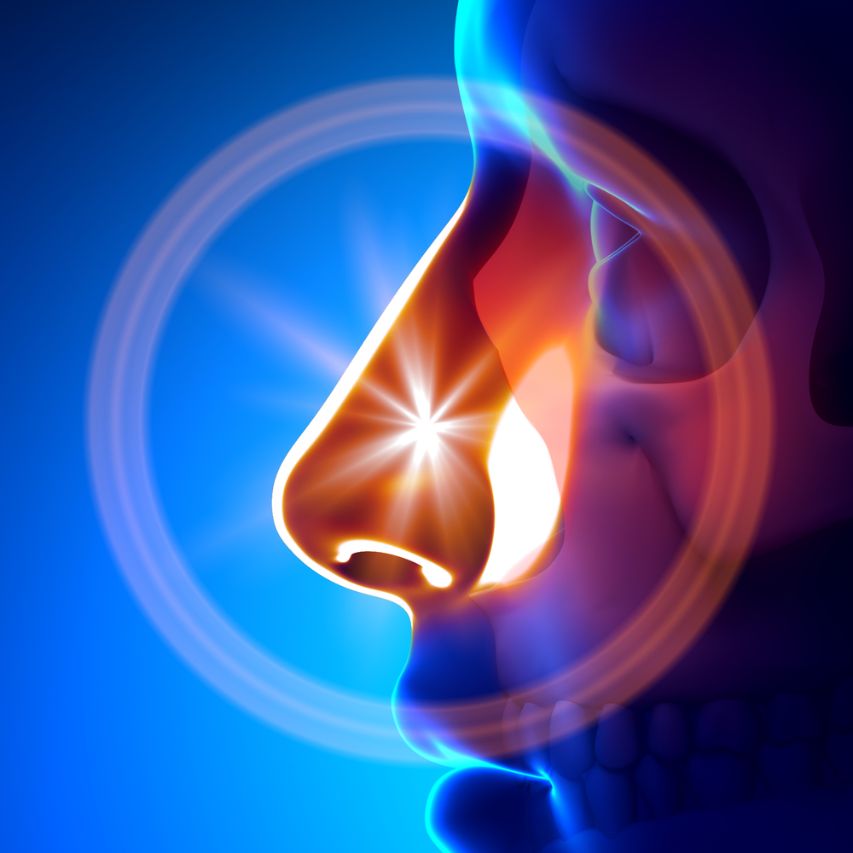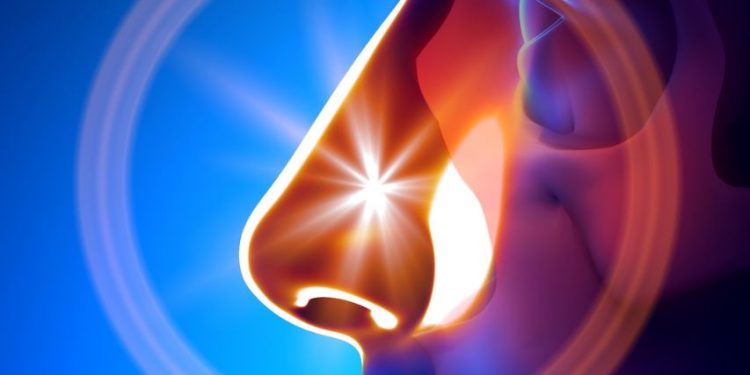Smell and taste disorders symptoms include a loss of taste, a reduced ability to smell certain scents and foods, and problems with the way you identify tastes and smells. Smell and taste disorders can be a sign of serious health issues, so it’s important to see your doctor for a diagnosis.
Loss of smell or a decreased sense of smell is called anosmia and affects people with a number of medical conditions, including allergies, asthma, nasal polyps, chronic sinus infections, cancer, and Alzheimer’s disease. It also can be a symptom of head trauma or other injuries.
A lack of smell makes it hard to tell when food has spoiled or isn’t fresh. It can also cause you to add too much salt or sugar to bland foods, which can lead to weight gain and other health problems.
The loss of your ability to smell can also be an early warning sign of certain conditions, such as dementia and Parkinson’s disease. Some conditions can damage the nerves that lead to your smell center in your brain.
Your sense of smell starts when molecules from substances stimulate the sensory cells high inside your nose (olfactory nerve cells) or food and beverage stimulate the taste buds on the roof of your mouth and throat (gustatory nerve cells). These send messages to your brain, which helps you recognize and enjoy various flavors.
You may have a decrease in your smell if you are over age 50, and it’s more common to lose it if you have a chronic illness or condition that causes inflammation. Other things that can impact your smell are head trauma, sinus infections, and the use of a cough suppressant or antihistamine.

Changes in your smell can be a symptom of many diseases, including COVID-19 and certain types of arthritis. It’s important to get a test for COVID-19 if you’re experiencing these changes, so you can talk to your doctor about treatment options.
Other health conditions can affect your ability to smell, such as diabetes, Bell’s palsy, Huntington’s disease, and multiple sclerosis. It can be difficult to diagnose these conditions, but a physician can order tests to help pinpoint the problem.
Medications can also affect your ability to smell and taste, especially if you’re taking several medications at once. A visit with your ear, nose and throat doctor is the best way to find out what’s affecting your ability to smell or taste.
Your ENT will examine you to check for any signs of head injury or other problems that may be causing your olfactory loss. He or she will also do a physical exam and ask you about your medication use, and other health factors that can influence your sense of smell and taste.
A doctor may also test your sense of taste with a test that involves smelling and tasting different types of food or drinks. The doctor will ask you to name different scents and try to taste them as if you are not experiencing the disorder.









